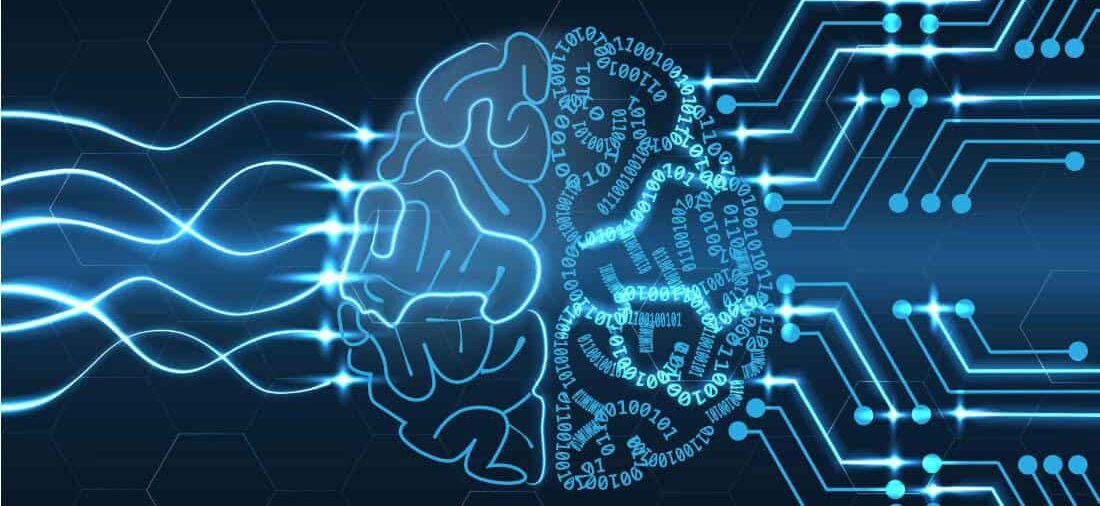Generative AI is just one of the many new technologies that have revolutionized the way software developers operate. While developers have little to fear, the implications for their employers could be substantial.
Ever since the introduction of generative AI tools like ChatGPT and DALL-E, the world has been buzzing with excitement about AI’s potential. We’ve witnessed AI’s ability to create movie trailers, generate content, and even pass exams in fields like medicine, law, and business. Its capabilities are undeniably impressive and expected to profoundly influence nearly every aspect of our lives and work.
Within the developer community, AI has been steadily gaining prominence over the past decade. Initially, AI was incorporated into software development and IT workflows in the form of simple code completion and task automation. However, recent advancements have sparked a reimagining of AI’s role in software development and how it can be leveraged. For instance, new applications like OpenAI Codex and GitHub Copilot can now write code.
As AI continues to advance at a rapid pace, companies are racing to integrate this technology into their workflows. It is evident that AI is poised to have a transformative impact across various industries, including software development. We have already witnessed glimpses of generative AI’s potential to advance software engineering and disrupt software development processes. Here’s how I believe this emerging technology will shape the developer experience in the years ahead.
Developers Need Not Fear, AI Won’t Replace Their Jobs First and foremost, it’s crucial to address the concerns surrounding AI today. The recent explosion of generative AI has led many to fear that this technology, including software developers’ jobs, might be at risk. However, I firmly believe that AI won’t be replacing software developers anytime soon.
In reality, AI is yet another advancement in a long line of tools that have transformed how developers work. For example, when code generation features were first introduced in IDEs, they were met with skepticism. Developers worried that this technology could automate their jobs entirely by generating, testing, and running code. However, today these tools are widely embraced for their ability to simplify developers’ tasks, automate tedious processes, and free up time for innovation and building.
Similarly, AI is another productivity tool that should be seen as an addition to the developer’s toolkit, rather than a replacement. Developers’ expertise and experience will remain essential in effectively utilizing this technology. Additionally, developers will continue to play a crucial role in strategic problem-solving, an area where AI isn’t equipped to handle.
AI Will Enable Developers to Focus on Higher-Level Tasks While AI won’t eliminate developer jobs, it will undoubtedly bring changes to the developer experience. Like any new productivity tool, developers will need to learn and refine new skills to make the most of AI. An apt analogy is the advent of internet search engines like Google in the 1990s. While these search engines simplified the initial research process, users had to learn how to search for the right terms and filter through results. Similarly, generative AI can handle repetitive tasks such as writing boilerplate code or documentation, but developers must be capable of discerning and applying the AI-generated code meaningfully.
Moreover, by taking care of much of the mundane work, AI will free up developers to focus on higher-level tasks and innovation. This is already evident with the use of machine learning in features like predictive test selection, which saves time by identifying and running only the most relevant tests during test runs.
How IT Leadership Can Stay Ahead of the AI Curve Using generative AI is likely to result in development teams creating more code at a faster pace. This, in turn, will lead to more builds and tests, prolonging build and test cycles. These extended feedback loops can create bottlenecks and disrupt developers’ creative flow. IT leadership needs to be proactive in investing in the right tools to reduce build and test cycle times and efficiently troubleshoot build and test issues.
Additionally, as developers spend less time on mundane tasks and more on creative and cognitively demanding work, it becomes crucial for companies to provide a conducive work environment and an efficient toolchain to prevent burnout. In the near future, there will likely be a competitive divide between companies that prioritize developer experience and those that do not. To address this, companies can adopt emerging practices like Developer Productivity Engineering (DPE), which focuses on enhancing the toolchain and promoting developer happiness.
In conclusion, AI is not the first technology to reshape the way we work, and we have adapted each time. As AI technology continues to evolve and mature, it will continue to impact our daily lives in various ways. Rather than fearing this new technology, software development leaders must embrace the change and consider how it can positively impact their workforce, or else risk falling behind.

